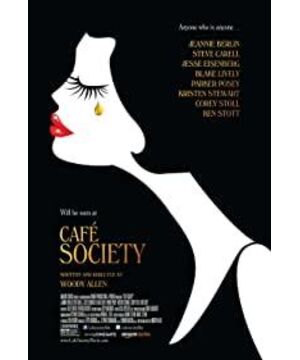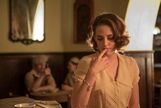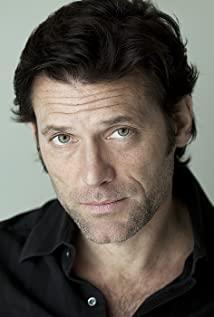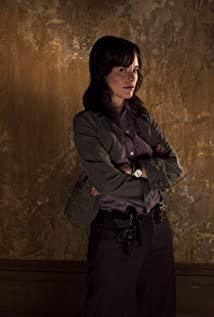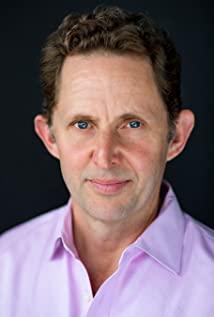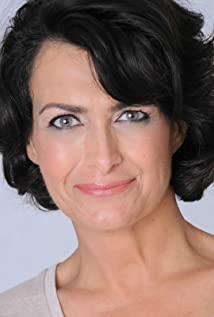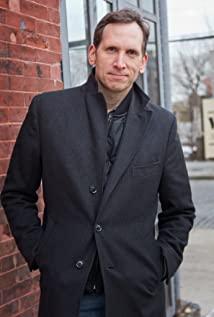When Varney and Bobby meet, Varney has become Bobby's aunt, and Bobby also has a wife with the same name as Varney. They stared at each other affectionately, and Varney secretly said to Bobby between the glasses of wine, "Can you have a meal with me? We can make an appointment for a meal while my husband is busy with work." At that time I There was a voice of rejection in my heart, refusing to see a woman unable to hold back her nostalgia for her old love, giving two people a chance to make more choices.
The voice of criticism of Varney that emerged in my heart, I immediately realized it, and asked myself: "Why don't you agree with Varney's approach?" Oh, why do I disagree like this? I put this question aside, and after watching the movie quietly, I sat at my desk and started to think.
When I criticize Varney for choosing rich love and abandoning poor love, am I criticizing Varney, or am I afraid to admit that I would make this choice too?
If I were Varney and met two different kinds of love, one was a successful person with a wealthy life, who made a passionate confession to me and proposed to me, and the other was a young boy who just came out of society , has passion, and has the feelings and expectations of the world's utopia, but has no money, no status, no achievements, only a passion for me, and also proposed to me, which would I choose?
This question is different from the single fictitious proposition of which one would you choose between bread and love, not asking me, a rich and a poor, which would I choose. Instead, ask, a rich man who loves me, and a poor man who loves me, and it is difficult to make it clear that I have the same feelings for both people and feel the same love, in this case, which one would I choose?
Many people are reluctant to admit that based on their paranoid cognition of money and wealth, they cannot objectively view the fact that money is a necessity of life. Under these circumstances, it is a matter of course to choose abundant materials. Is it necessary to deliberately create a lofty image, obviously I like both of them, and both of them are passionate about me, but do I deliberately choose the poor side in order to become a noble person who sees money as dung in the eyes of others? This is not another vanity of fame.
Of course, this option, if it is a rich man who does not love me, and a poor man who loves me, do I need to work hard for a rich life to win the rich man who does not love me and abandon the poor man who loves me? If it is such a proposition, there is no need to discuss it. Only people with brains would make such a choice.
After thinking about it like this, Varney finally decided to marry the rich Phil, and I felt nothing wrong. It was only when she met Bobby that she found that the poor boy at the time also had wealth and achievements, and at the same time, still loved her. Did this make her start to reconsider whether her original choice was the right one? The difference between the two options has disappeared, and a new difference has emerged: Phil is a middle-aged man who is busy with his career, and Bobby is a young man who only sees her. We cannot deny that there have always been different multiple-choice questions in this world. As long as we live, there will always be multiple-choice questions. It's just that every time you choose, you have to choose the good, better, and best option. Then, which option is the real right one?
Then I figured out why I didn't approve of Varney's practice of asking Bobby for dinner. Because I projected myself as Varney, I hope Varney can be responsible for the choices she made, and I hope she doesn't greedily stretch out her tentacles to explore when she already has a happy enough life: Are there better options? Of course, the desire to have more, more, and enough is human nature. It's just that I hope that others can overcome this tendency to hurt others and themselves and become a better version of themselves - the reason I have this expectation of others is that I can treat my partner, my partner Treat me the same way.
There are two details in the movie that are memorable: one is, after dating Varney, Bobby brought a bunch of red roses home for his wife, and the wife asked in surprise: What's the matter, why did you suddenly send me flowers ? Did you do something ashamed of me?
The other is that, preparing to go to the New Year's Eve party, the wife dressed in the bedroom stretched out her hand to show Bobby the chain on her hand, and suddenly asked: Have you cheated? I dreamed that you slept with that ex-girlfriend with my name in Hollywood.
Is this a woman's sixth sense? Perhaps. But it may also be that this woman knew, but chose to warn her husband, and then silently forgive him.
There is also a scene, in the movie, in a private date after Varney and Bobby meet, when Varney and Bobby stand by the scenic bridge, hold red wine glasses, kiss under the golden sunlight, romantic The background music sounded, and the picture was so beautiful, as if love was the supreme emotion in this world - don't think about the words of Bobby's hard-working baby's wife at home and Varney's hard-working husband outside. Sometimes we live in the scenery in our own eyes, thinking that the current scenery is the beauty we should have, and forget to think about the people who work hard behind us in addition to the scenery in front of us, just like Varney at this moment. and Bobby.
View more about Café Society reviews


